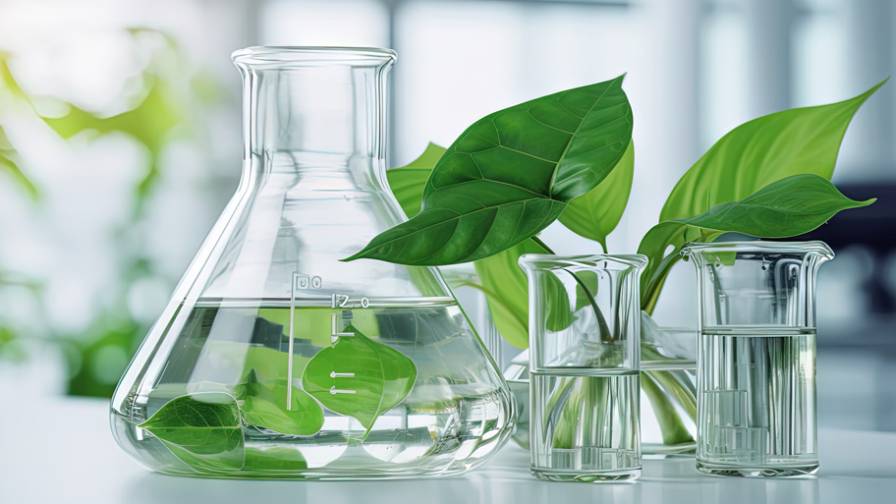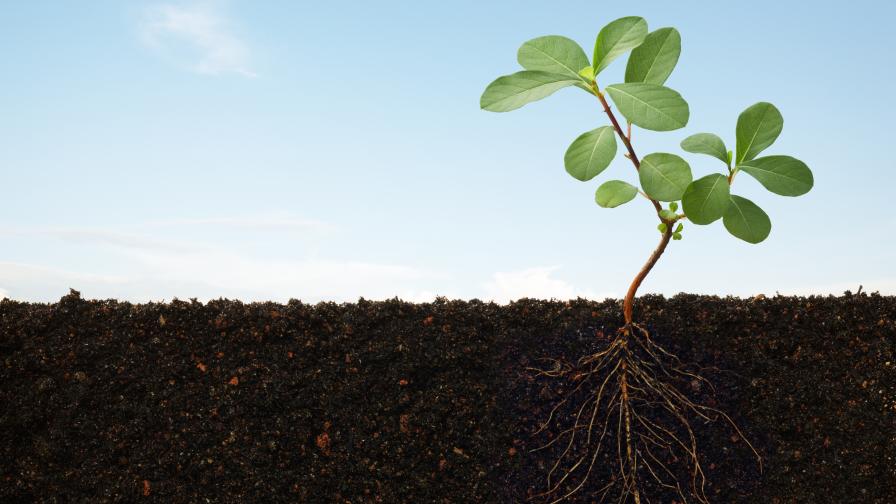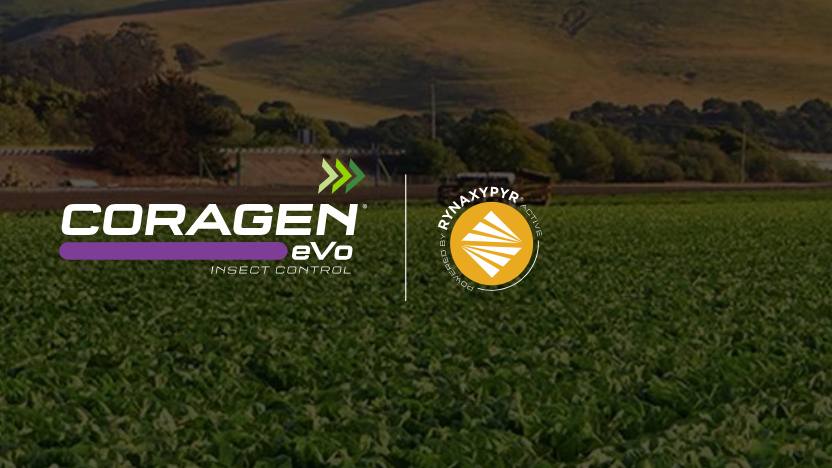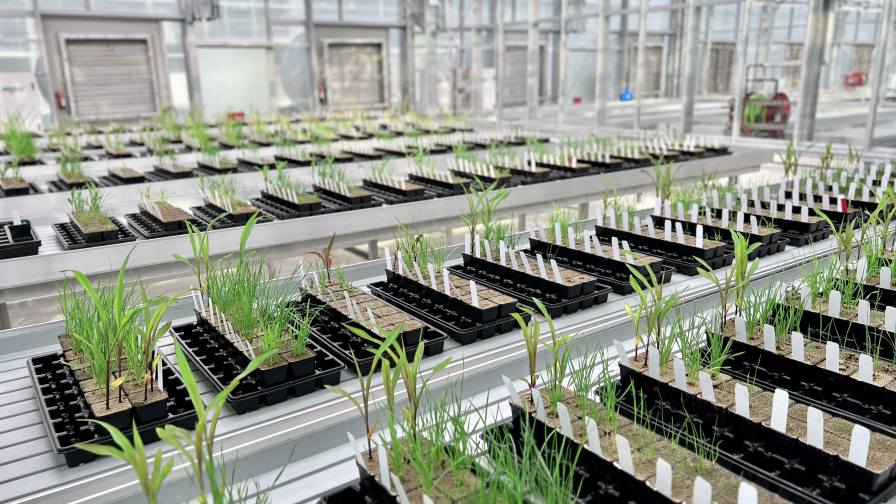Rallis Ready for Growth in India and Around the World

Rallis India Limited is the oldest agrochemical company in India, tracing its history through more than 200 years to the Ralli Brothers, a family of Greek merchants, who set up shop in England before making their way to India a few decades later.
The company evolved through many iterations surviving numerous world crisis including the American Civil War and the cotton crisis of 1866. When the American stock market crash of 1929 sent the world’s currencies into a tailspin, the Ralli Brothers, as the company was then known, closed their Indian operations after more than 80 years in that country.
Rallis returned to India in 1948 with George Euthymopoulo as the Chairman and Managing Director. It was at this time the company started trading in fertilizers, and the start of a major player in Indian agricultural was established.
In all that time, Rallis has certainly witnessed significant changes to market dynamics in the crop protection space.
“These changes have emerged from the changing requirements of the farmers based on their preferences to address the needs toward production of food, feed, fuel, and fiber in India,” says Veeramani Shankar, MD and CEO.

Veeramani Shankar, MD and CEO
Rallis takes its cues from farmers and has responded to their needs. That philosophy informs the company’s evolution as a business including being a part of India’s explosion
into the international crop protection market.
“From a domestic prospective importance of Indian agriculture has gone up multifold, and while it contributes to majority of people’s livelihood, India’s contributions in exports of agriculture produce has been quite significant,” Shankar says. “Over the last 10 to 15 years, farmers have been demanding more value-creating, high-quality agricultural solutions. This has led to supplies of high-quality plant protection chemicals and products that help farmers to generate better value of their produce.”
The Domestic Market
Rallis continues to develop its offerings, often delivering more than just products.
“Rallis is also focused on end-to-end agrisolutions for domestic markets aimed at creating value for the Indian farming community,” Shankar says. “This includes a robust portfolio of agrochemicals, seeds, agriservices, and organic fertilizer. We bring value to the farmer at every stage of the crop lifecycle.”
As part of that attempt to become a total solution provider for Indian farmers, Rallis developed a program it calls Rallis Kisan Kutumba (RKK).
“RKK is our farmer relationship program through which we work closely with a defined set of farmers whom we call as Rallis’ farmer family,” Shankar explains. “Currently we cover 1.5 million RKK farmers in the country and the numbers are steadily increasing year after year. Our intent is to increase this to 5 million farmers over next five to 10 years. This is an integral part Rallis’ growth program.”
As part of RKK, Rallis has made an effort to promote pulses.

Subhra Jyoti Roy, Vice President International Business Division, prepares for a meeting at the Trade Summit Americas.
Rallis saw a need to engage with the farming community to help them in increasing their productivity and help the country to reduce its dependency on pulse imports.”
Rallis started with a single effort in the state of Tamil Nadu in black gram. Today the company works across several states. The model it follows means working closely with the state government and extending a good package of practices to the farmers. The efforts have led to increased yields as well. Rallis also selectively buys back their produce which are then marketed by TATA Chemicals in a branded form.
“It is a very comprehensive program which is designed to make it win for the farmers and win for the country’s agriculture program, as well as good for our own business growth,” Shankar says.
Rallis extends the same concept with Samrudh Krishi, a program through which the company helps farmers use the right package of practices. It also includes information and communication technology (ICT) to the extent possible at a nominal fee.
As farmers in India become more sophisticated, they will begin to look for higher value creating products of better quality and with a focus on sustainability, Shankar says. That comes as much of the traditional labor force moves away from rural communities into more urban areas.
“There will be pressure on labor availability as we see in next five to 10 years,” Shankar says. “Progressive agriculture will have to look at ways to do farming more on a mechanized platform.”
That also means a likely increase in the use of crop protection products, which can alleviate the use of manual intervention.
“While India ranks first or second in total production of certain categories of agriculture produce, there is still a long way to go in terms of yield and productivity, and therefore high quality of inputs and right technologies will have dramatic scope for use in future,” Shankar says.

K.R.Venkatadri, COO, Rallis
Around the World
Rallis, which is part of the Tata collection of companies, is well established in India, and during its history, has seen the Indian agrichemical market evolved from its infancy to today where the company has become a major player on the stage.
“If we look at the genesis of Indian agchem production, we will see that during the formative years organizations were more focused in addressing the domestic needs. Over time, our organization has matured through enhancement of technical capabilities and the creation of a strong manufacturing base that caters to international markets,” Shankar says. “With robust manufacturing and technical capabilities, today, India is considered a manufacturing hub for contract manufacturing business.”
Rallis’ delivers to more than 70 countries. The company delivers its offerings using three strategic pillars — alliance partnership, branded formulations, and contract manufacturing business.
As important as international is to the future, Rallis’ leaders carefully balance the company’s continued growth. The domestic market is and will continue to deliver the biggest share of business.
“Both domestic and international businesses are important to Rallis,” says K.R. Venkatadri, COO. “Over the years we have been working towards developing a right balance between our domestic and international business portfolio. Today, international business contributes to one-third of our total revenue and going forward we believe revenues would be in that proportion.”
“India offers a very high growth market and a good business potential going forward. At a distributor level, it has grown from $700 million a decade back to $2.4 billion. We see this growth journey to continue in the years to come. Therefore India will continue to play a leading role in Rallis’ business plan.
According to Subhra Jyoti Roy, Vice President International Business, “Our aim is to sustain a healthy balance between our domestic and international business portfolios. Rallis has invested quite heavily in international registrations and has put up a state-of-the-art plant in Dahej to cater to the needs of international customers. While alliance partnership and contract manufacturing business are two main pillars of exports, we are gradually expanding our branded formulation portfolio in developing nations.”
Manufacturing Prowess
Rallis has a robust manufacturing and technical history.
Rallis’ contributions to international business have been recognized by CHEMEXCIL, an organization created by India’s Ministry of Commerce & Industry to promote the export of many products, including agrochemicals. CHEMEXCIL honored Rallis with the Trishul award, the highest award it has to bestow. The award recognized Rallis in the “Business in Basic inorganic and organic chemicals including Agrochemicals — Large Scale Manufacturer” category for the year 2014-15.
Managing in Chaotic Economic Times
From 2010 through 2014 there has been a commodity boom leading to a healthy growth in plant protection chemicals business. In subsequent years, vagaries of climatic changes coupled with a decline in commodity prices, and global economic downturn have forced organizations to manage through a challenging phase.
“Brazil has lost a quarter of its potential business owing to effect of El Nino and significant depreciation of its local currency,” Shankar says. “We have seen similar challenges in Africa, Australia, and on the Indian subcontinent owing to prolonged drought. This has led to organizations adapting structural changes and bringing in more operational efficiency.”
Contact Dan: [email protected]






